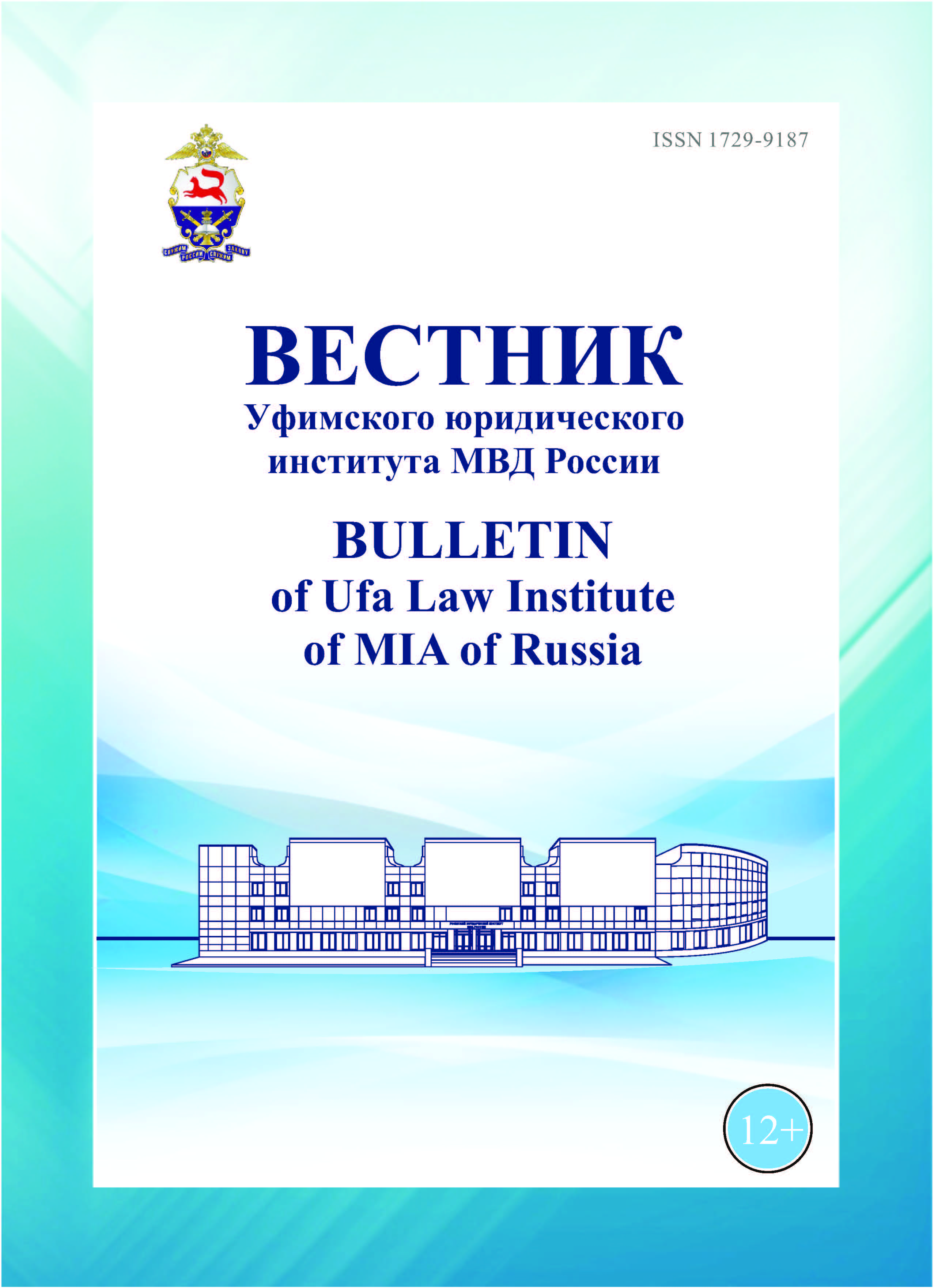UDC 347.763.3
The author considers the life cycle contract as one of the tools for the transition of the transport industry to sustainable development in the conditions of Russia’s closed crisis economy. The purpose of this material is to assess the legal basis for the use of life cycle contracts in the field of transport, as well as to identify areas for the development of such an application. This article discusses the possibility and prospects for concluding a life cycle contract in a public-private partnership. This form of interaction will allow taking into account the interests of all stakeholders when concluding long-term life cycle contracts. The author analyzes the existing regulatory framework and concludes that it needs to be adapted and improved.
life cycle contract, public-private partnership, customer, supplier, pricing
1. Garipov V. R. Product life cycle: features of cost calculation under the life cycle contract // Bulletin of Yaroslavl State University named after G. P. Demidov. Economic, social and legal sciences. 2019. No. 11/2. P. 231–240. (In Russ.)
2. Korneeva E. A. Life cycle contract as a form of public-private partnership: problems and development prospects // Social partnership as a factor in the development of infrastructure sectors of the Russian economy: materials of the international scientific-practical conference. Novosibirsk, 2013. (In Russ.)
3. Muratov D. G. The project of Moscow - St. Petersburg high-speed highway // Transport of the Russian Federation. Journal of science, practice, economics. 2011. No. 1 (32). (In Russ.)
4. Mordanova E. S. Contracts of the life cycle and foreign trade documentation // Infrastructural branches of the economy: development trends. 2018. No. 9. P. 27–34. (In Russ.)









